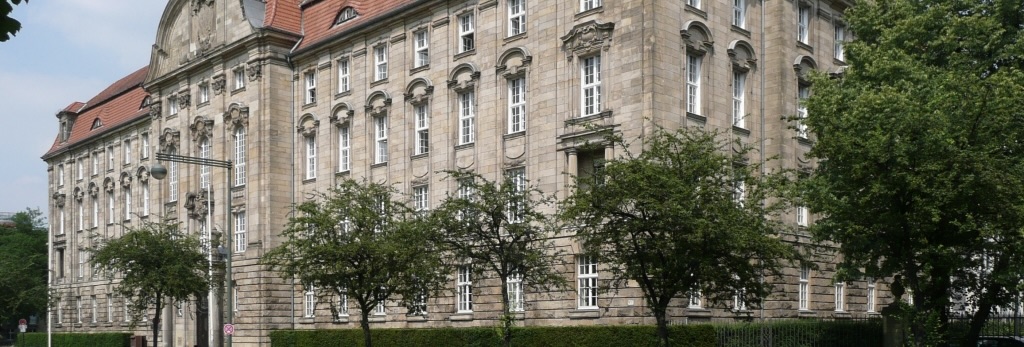
Latest News.
Higher Regional Court Dusseldorf (Glatiramer acetate) – fault in the enforcement of a preliminary injunction from a subsequently revoked patent
In its judgment of 12 October 2023, the Higher Regional Court Düsseldorf dealt with the question of whether the patent proprietor enforcing a preliminary injunction is at fault if the patent is later revoked.
1. Facts
The proceedings before the Higher Regional Court of Düsseldorf concerned a generics company’s claim for damages under Sec. 945 German Code of Civil Procedure, which was kept off the market by an injunction.
Initially, the Defendant’s patent was upheld by the Opposition Division at first instance. The Plaintiff filed an appeal against this decision. The Defendant then obtained a preliminary injunction against the Plaintiff, which it enforced.
Following the revocation of the patent in suit, the Plaintiff filed an action to the Regional Court Düsseldorf. In its judgment of 29 September 2022 (docket no. 4c O 48/21), the Regional Court Düsseldorf ruled that the Plaintiff was entitled to damages under Sec. 945 of the German Code of Civil Procedure.
2. Judgement of the Higher Regional Court Düsseldorf
On appeal, the Higher Regional Court Düsseldorf dealt with the question of whether the defendant was at fault because it had obtained and enforced a preliminary injunction based on a patent that was later revoked.
It is true that the claim under Sec. 945 German Code of Civil Procedure is independent of fault and is structured as risk liability. However, the Higher Regional Court thus countered any concerns with regard to the conformity of the rigid risk liability of Sec. 945 German Code of Civil Procedure with the Enforcement Directive.
In the opinion of the Higher Regional Court, the Defendant had acted negligently because it could have recognized that a revocation of the patent in suit was possible and foreseeable if it had exercised the due care required. The patent proprietor may only rely on the validity of a first-instance decision on the validity of the patent if a subsequent amendment of the decision was not foreseeable. This applies in particular if the case law has changed unexpectedly.
Anyone who obtains and enforces a preliminary injunction during an ongoing legal attack, even if this was unsuccessful in the first instance, is deliberately acting at their own risk that this may later prove to be unjustified from the outset.
3. Conclusion
It is difficult to prove culpability in the case of unwarranted IP warnings. In addition, the requirements for culpability in these cases are high. In principle, the grant of the patent may be relied upon if the patent proprietor does not have a knowledge advantage over the granting authority or is not subject to special duties of care.
However, the Higher Regional Court Düsseldorf has now lowered the hurdles for a patent proprietor to be at fault if it acts from its patent without authorization. The patent proprietor can proceed from a patent that was upheld at first instance. However, it may not rely on the validity of this decision but must rather expect the possibility of revocation.
